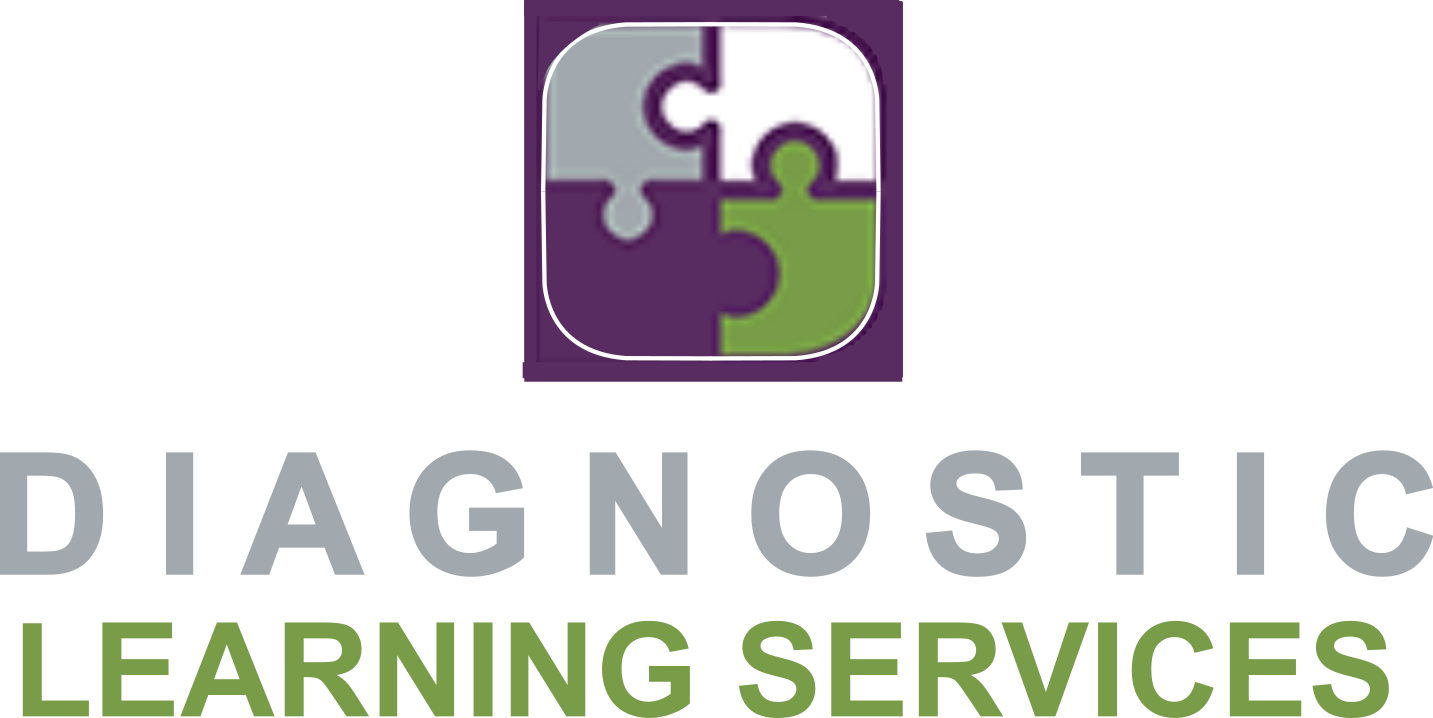Testing for Learning Disabilities
Diagnostic Learning Services offers specific evaluations to assess for learning disabilities in children and adults.
There are many factors that go into determining if an individual has a specific learning disability. The definition of what makes a learning disability has changed somewhat over the years, but the fundamental principle has remained the same. An individual has a learning disability when they have average to above average intellectual ability, but are struggling in one or more academic areas.
When we look at learning disabilities today, we start by determining how an individual processes and learns.
We look at the following processing skills:
Verbal Abilities
Reasoning Abilities
Long-Term Memory
Short-Term Memory
Auditory Processing
Visual Processing
Processing Speed
Each of these skills play a vital role in a person’s ability to learn, retain, and apply new information.
We then assess the following academic areas:
Basic Reading Skills
Reading Comprehension (both timed and untimed)
Reading Fluency
Phonological Processing
Math Calculations (both timed and untimed)
Math Reasoning
Written Expression
Oral Expression
Listening Comprehension
Spelling
Throughout the evaluation process, as discrepancies or significant weaknesses emerge, we may dig deeper into those areas by administering additional assessments.
Call today for more information about how we assess and diagnose learning disabilities.
Diagnostic Learning Services has been assessing children and adults since 2004
